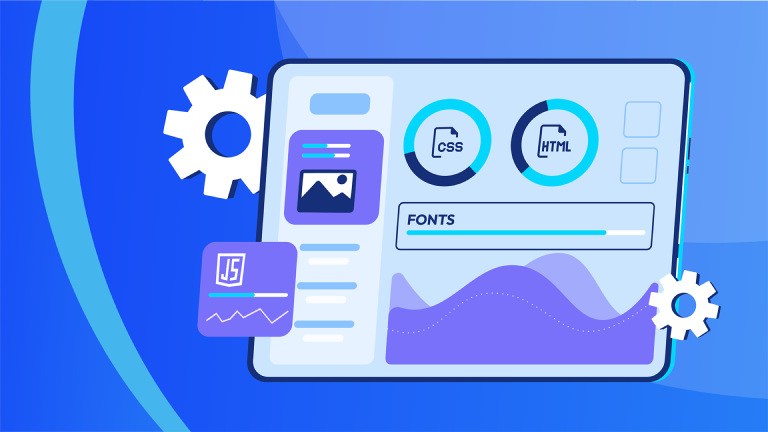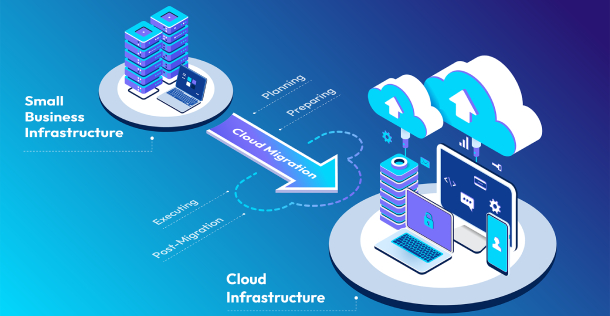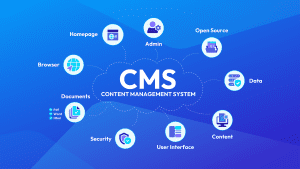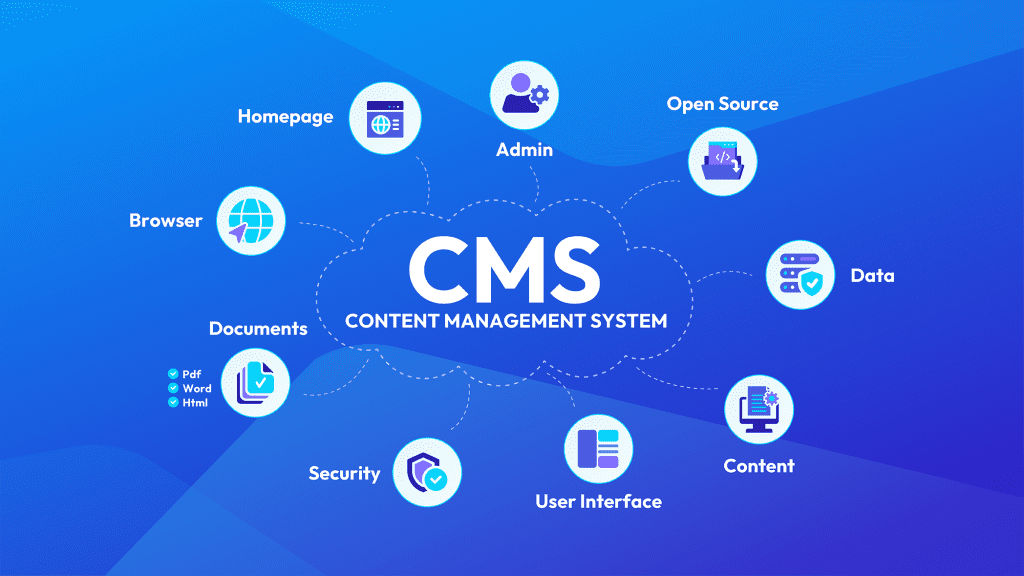
Right Servers Blog
What Affects Website Performance
By Editorial Staff

Picture this – you are ready to launch your business online and you have designed a clean website that you know is primed for conversions. The website is looking great but when you try and load it up, it takes longer than you expected and definitely way too long for any potential customer to accept. After all, the research shows that 47% of visitors expect a web page to load in 2 seconds or less and 40% of them will abandon the page if it takes longer than 3 seconds. We have all been in this situation so rest easy and keep reading as we walk you through the factors that affect website performance.
Your website’s performance can be affected by various things that are both in your control and out of your control. Understanding these factors first will allow you to establish a clear plan on where to improve the website’s speed and make sure that your visitors have a great experience on your website; including those friendly search engine bots that crawl and index your website to rank in relevant search results. Now, let’s look at some of the biggest factors that affect your website’s performance.
Page Weight
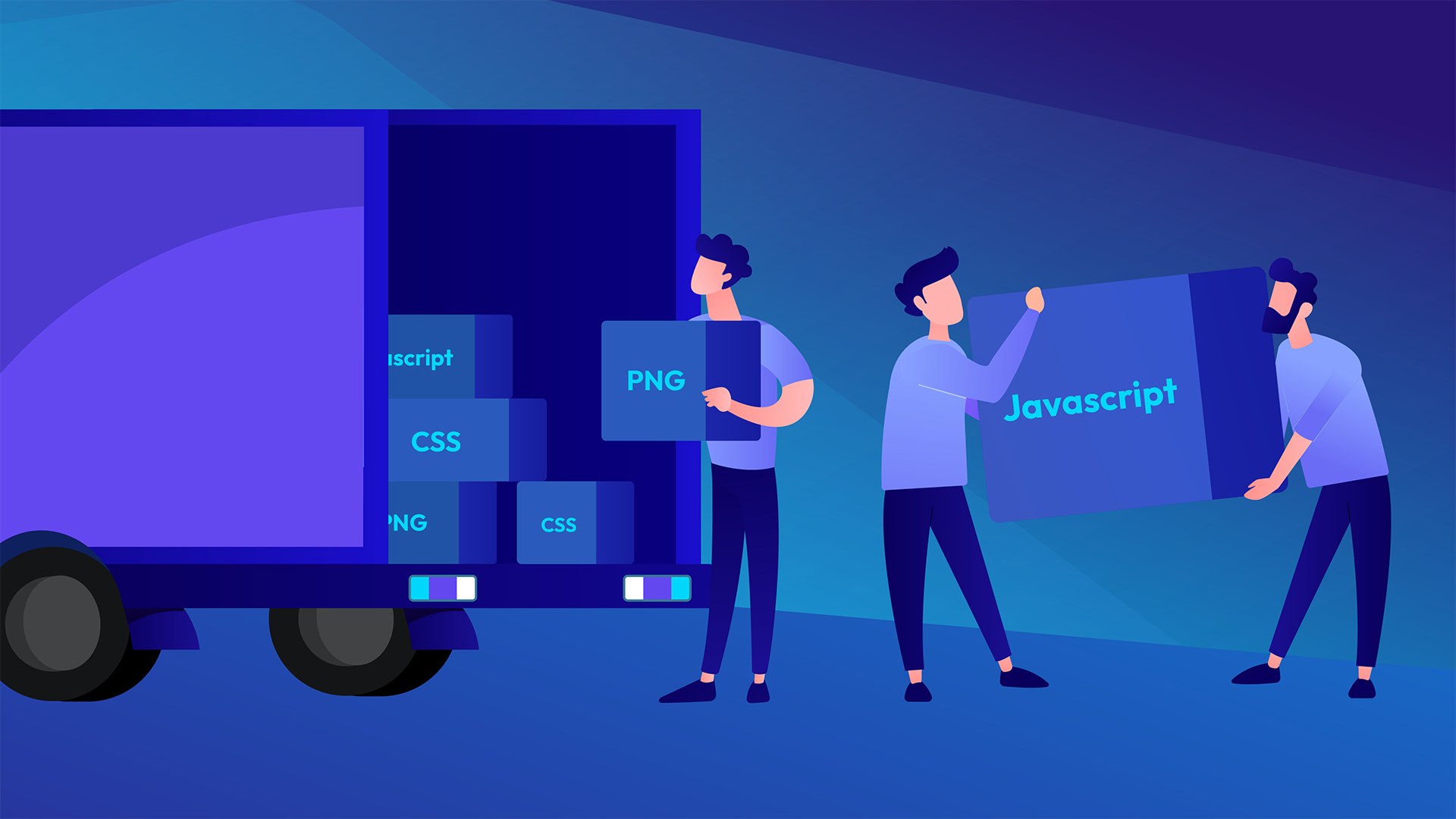
The first factor that affects website performance is one that is in the control of the web developer – page weight. Let’s use an example of a delivery truck that is delivering a shipment from a warehouse to your customer’s home. If the shipment is very heavy, with large boxes then the truck will have to go slower and make several trips to complete one shipment; it will thereby take longer to arrive at your customer’s home. Similarly, if a website is heavier with large files – containing video content, large images and javascript files, and heavy CSS files, it is going to load slower and take longer for the visitor to view the page.
Network Conditions

Another factor that affects website performance is the network condition of the visitor. Although this factor is not in our control, as an online business it is essential to understand that it is a factor and that there are ways to accommodate for varying network connections throughout the world. Going back to the delivery truck example, network conditions would be analogous to the speed limit on the roads that the truck has to use, along with the size of the truck to carry bigger loads. If the truck is able to use a highway, it will arrive faster than if it must use only city roads. Similarly, if the truck has a bigger shipment then it will need to make several trips to finish the delivery. Optimizing the package sizes and utilizing better routes will deliver the shipment in a timely fashion; this is the difference between a good network connection and poor network connections.
The benefit of running a business online is the global reach, so it is important to be aware that network connections are different around the world. For example, the average mobile speed in the United Kingdom, which is the largest e-commerce spending country in the world is 41.72 Mbps according to data from Speed Test as of August 2022 whereas China, which has less than half the Ecommerce spend has a blazing mobile speed of 92.53Mbps. Wherever your target market(s) may be, ensure you’re maximizing your website’s speed and host your website using a gigabit internet connection (1000 Mbps).
Web Hosting
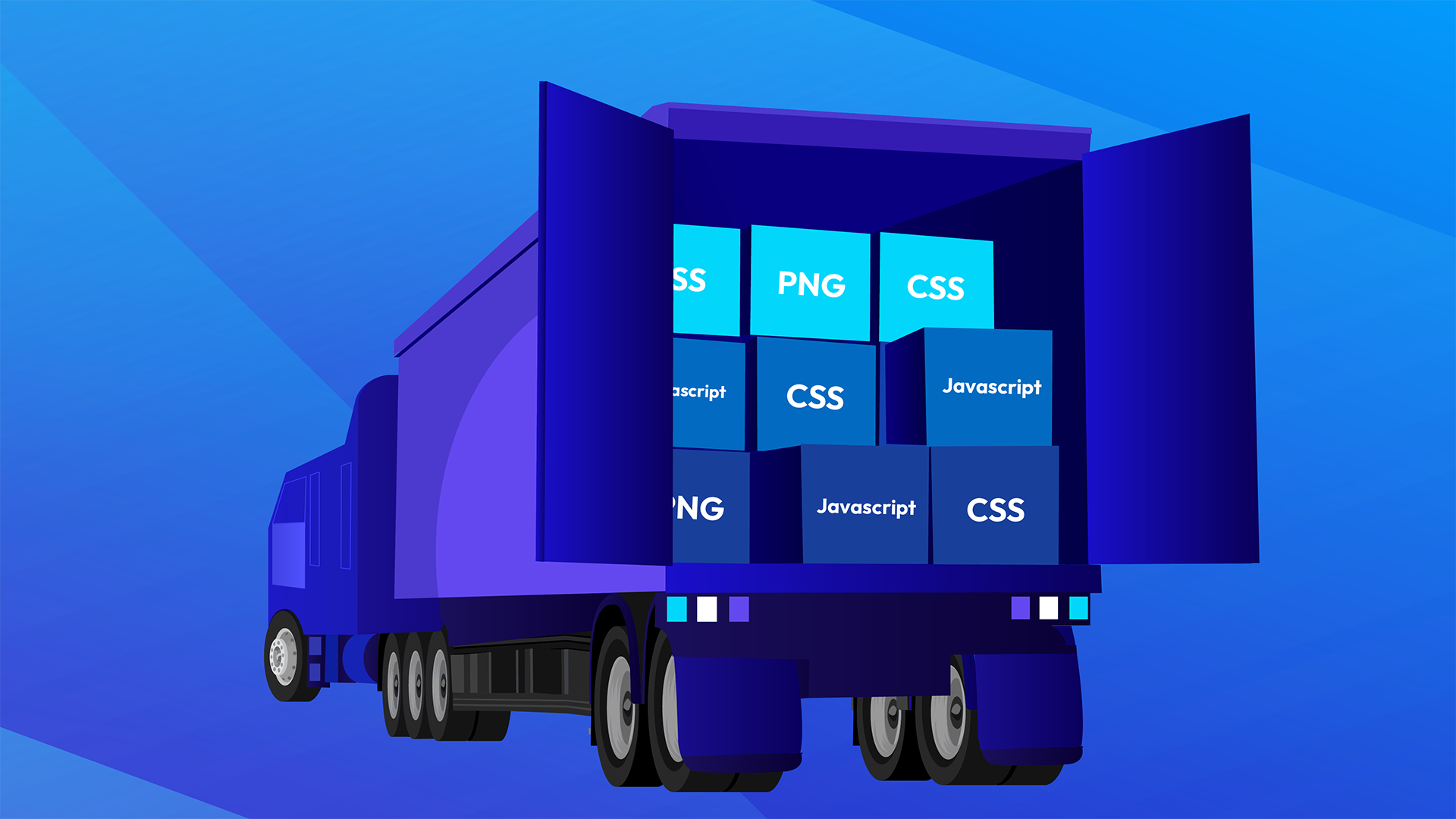
Last but not least, web hosting, the actual hardware that runs your website, is a major factor in website performance. This factor is both in and out of your control, because you are at the mercy of your web hosting provider but you do have the option to shop around for web hosting providers that enable your website to have increased performance. To use our delivery truck example one last time, web hosting would be the actual truck and warehouse storage. How fast the truck is able to go, how much it is able to carry, how far the warehouse is from your customers’ homes and the routes it takes to get there..
It would make sense that to optimize the speed of your delivery truck’s route, you would want to get the fastest truck with the highest payload capacity that delivers only from the warehouse to your store. Also, you would want the warehouse to be as close to your customers as possible, and all of this for the lowest price possible.
Evaluating which hosting solution makes sense for your business and fits your budget can be confusing, that’s why we have this guide on “Choosing a Hosting Provider”. Many providers will claim to have a premium bandwidth mix for the best possible performance, and it may be true, but the only real way to test these claims would be to try them out and evaluate the results.
Conclusion
There are many different metrics for measuring your website’s performance. Each has their pros and cons and can give you unique information on your website’s performance and how to improve it. Improvements can be made on the server side and on the front end (code). Now that you know how to understand these metrics and how to identify the source of performance issues, you can see how to improve website performance. We pride ourselves in providing all these improvements to our clients so they can flourish and improve their SEO rankings to grow their traffic to their website
Was this post about What Affects Website Performance insightful?
Right Servers can help ou handle all the technical complexities of hosting so you can focus on what truly matters – growing your business. Whether you need a single website managed or a complex solution, our expert team has you covered. Our solutions provide peace of mine and offer tailored solutions that fit your needs and budget. Reach out to us at sales@rightserers.com, and let’s build success together. We treat our clients like partners because we’re entrepreneurs too.
- APC W3 Total Cache, cPanel Alternative PHP Cache, cPanel APC install, cPanel HTML Tidy, cPanel PHP Tidy Install, WordPress PHP Cache, WordPress W3 Total Cache
- Cloud Hosting
- 0 Comments
Related post
How website performance is measured
Website performance is not only critical for search engine rankings, but also sets the tone regarding the quality of your products and services your organization offers.
No matter what type of business you run, Cloud computing has become the cornerstone for both innovation and efficiency.
